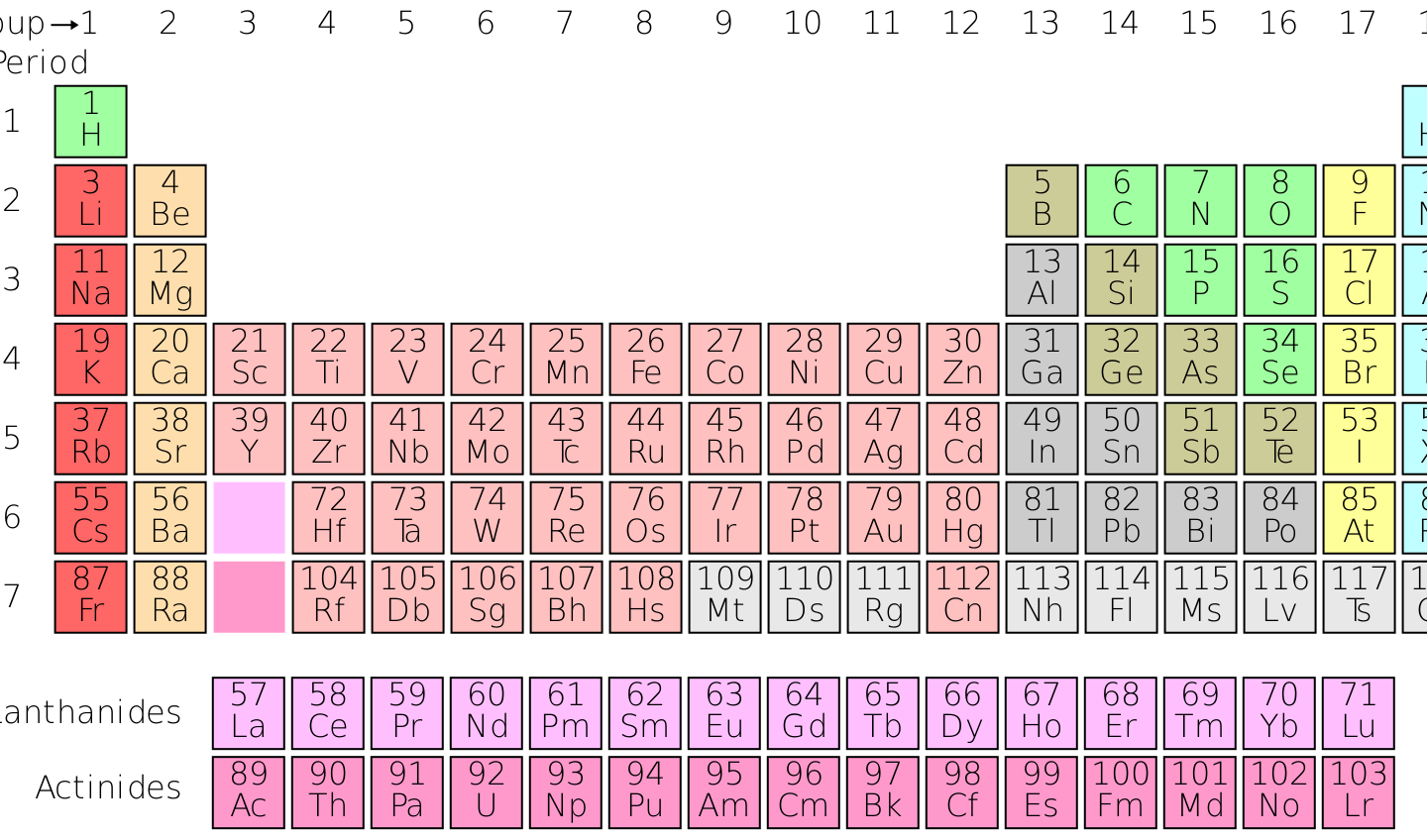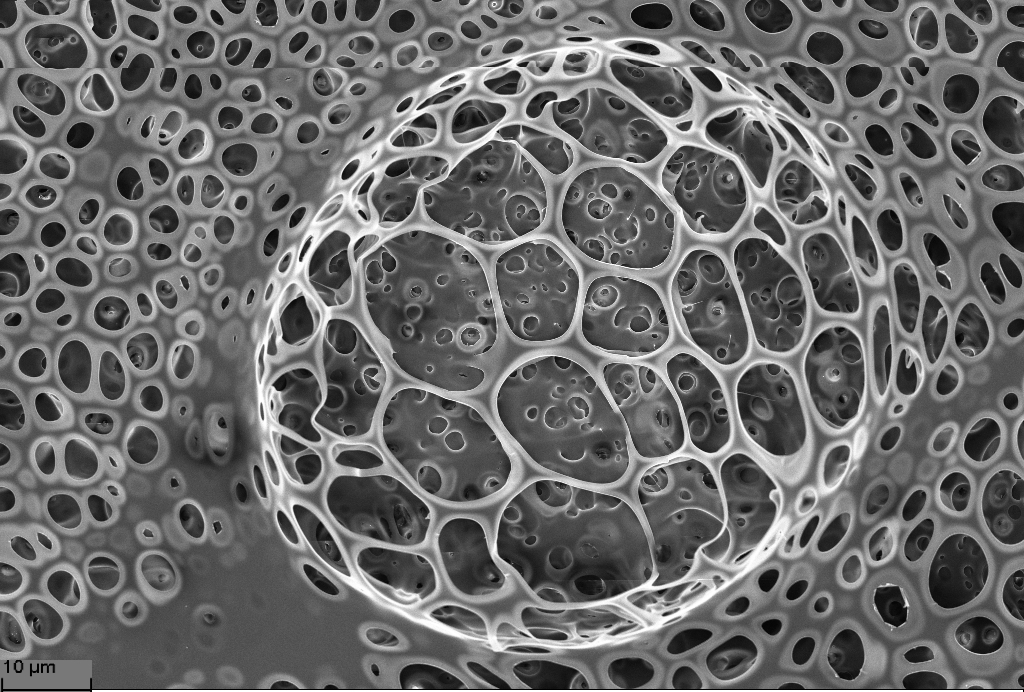Philosophy Within Its Proper Bounds: The Overall Argument
Does responsibility require the possibility to have done otherwise? Does knowledge require safety? Can causation be reduced to some form of counterfactual dependency? Could a material duplicate fail to be a psychological duplicate? To answer these and similar questions, one must gain knowledge about metaphysical possibilities and necessities. One must …







